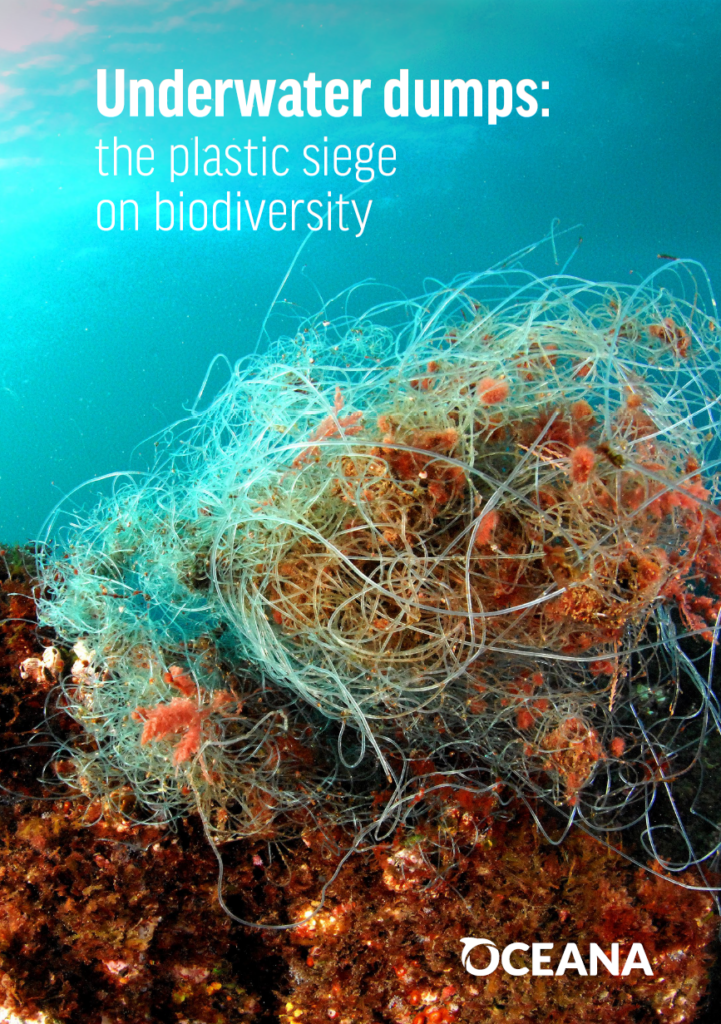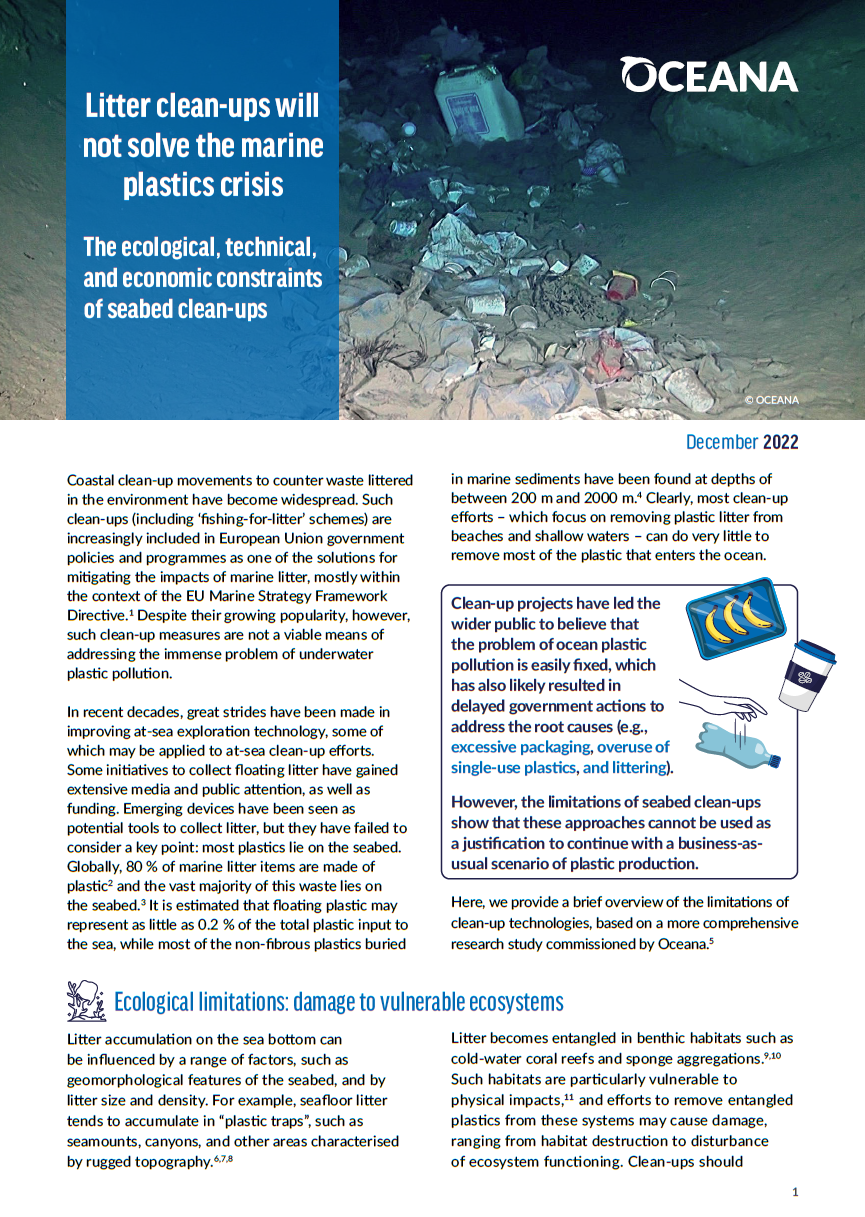
Category
POLLUTION
Project Number
230211
Subject Area
POLLUTION
Related Blog Images:
Towards an Equitable Approach to Marine Plastic Pollution
Policies and management actions intended to mitigate plastic pollution sometimes have the reverse effect.
Antoinette Vermilye
5 Mar 2023, 17:27 to bffp-europe@
For those of you involved in the social justice side of marine plastic pollution – this was a fascinating and valuable report and presentation I attended at the Our Ocean event in Panama last week.I am forwarding it on because it can help fuel our efforts to bring in the social justice and equitable transition from plastics
One 'fun fact' - which is obvious when we think about it: plastic bans – don't make the problem go away, they instead increase in other countries where bans are not implemented. So it is worth bearing this aspect in mind in our actions.
Please share this on if you feel it is of use to others
Thanks to all everyone is doing in this area
Antoinette Vermilye (She/Her)Co-founder, Gallifrey Foundation
About the event:An estimated eight million tons of plastics end up in the ocean each year, negatively affecting the environment and society. However, the impacts of pollution are often inequitably experienced by communities that are marginalized and most vulnerable. One of the key concerns facing policymakers, practitioners, civil society, and researchers engaged in addressing the problems of marine plastic pollution (MPP) is therefore understanding how all sectors are expected to reduce plastic pollution without causing further burden to coastal communities.
Despite increased acknowledgment that MPP is an equity issue, there is limited research on the topic. This event is designed to fill this gap by presenting a new comprehensive policy report Towards an Equitable Approach to Marine Plastic Pollution, published by the University of Washington and Nippon Foundation Ocean Nexus. The report illustrates diverse equity issues of MPP through case studies from across the world, including Indigenous and coastal communities in New Zealand, Ghana, Japan, Ecuador, and the United States as well as a review of international governance processes and global distributions of MPP and implications on food web dynamics. You will hear from Ricardo de Ycaza, Dr. Yoshitaka Ota, Dr. Jessica Vandenberg, Dr. Cinda Scott, and Dr. Masanori Kobayashi.
The MPP Report: oceannexus.uw.edu
References
Lead Author
Title





